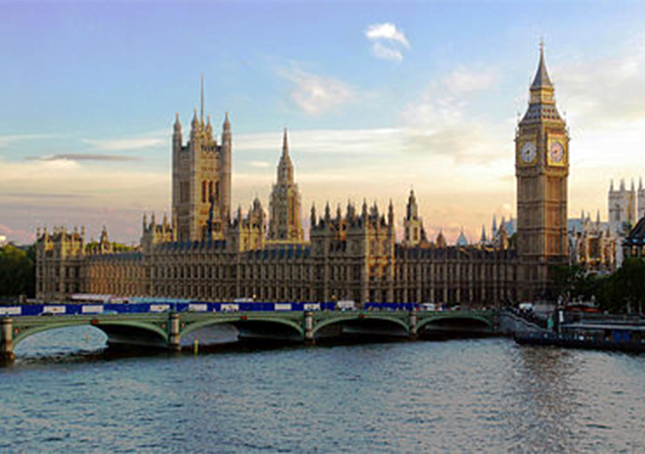Parliament of the United Kingdom

The Parliament of the United Kingdom[note 1] is the supreme legislative body of the United Kingdom, the Crown dependencies and the British overseas territories. It alone possesses legislative supremacy and thereby ultimate power over all other political bodies in the UK and the overseas territories. Parliament is bicameral but has three parts, consisting of the sovereign (Crown-in-Parliament), the House of Lords, and the House of Commons (the primary chamber). Parliament is also tasked with enforcing the laws that it passes.
The political party or party coalition that controls the majority of seats in the Commons chooses the national executive for the country, the prime minister of the United Kingdom. The prime minister and their cabinet wield the executive powers for the entire country but must possess the confidence of Parliament to remain in office.
Because of this it is not unusual for Parliament to hold elections more frequently than the required five years. Both houses of Parliament meet in separate chambers at the Palace of Westminster in the City of Westminster, one of the inner boroughs of the capital city, London.
The House of Lords includes two different types of members: the Lords Spiritual, consisting of the most senior bishops of the Church of England; and the Lords Temporal, consisting mainly of life peers, appointed by the sovereign, and of 92 hereditary peers, sitting either by virtue of holding a royal office, or by being elected by their fellow hereditary peers. Prior to the opening of the Supreme Court in October 2009, the House of Lords also performed a judicial role through the Law Lords.
The House of Commons is an elected chamber with elections to 650 single-member constituencies held at least every five years under the first-past-the-post system. By constitutional convention, all government ministers, including prime minister, are members of the House of Commons or, less commonly, the House of Lords and are thereby accountable to the respective branches of the legislature. Most cabinet ministers are from the Commons, whilst junior ministers can be from either house.
With the global expansion of the British Empire, the UK Parliament has shaped the political systems of many countries as ex-colonies and so it has been called the “Mother of Parliaments”.
In theory, the UK’s supreme legislative power is officially vested in the Crown-in-Parliament. However, the Crown normally acts on the advice of the prime minister, and the powers of the House of Lords are limited to only delaying legislation; thus power is de facto vested in the House of Commons and the prime minister. Legally the monarch of the United Kingdom is where Parliament bases its authority off of since Parliament is not ordained by a prewritten constitution like that of France or the United States.
